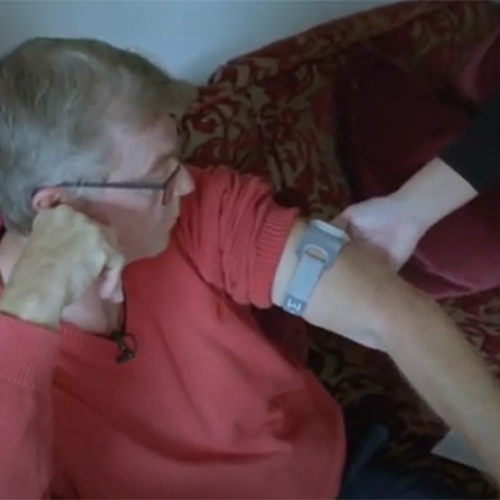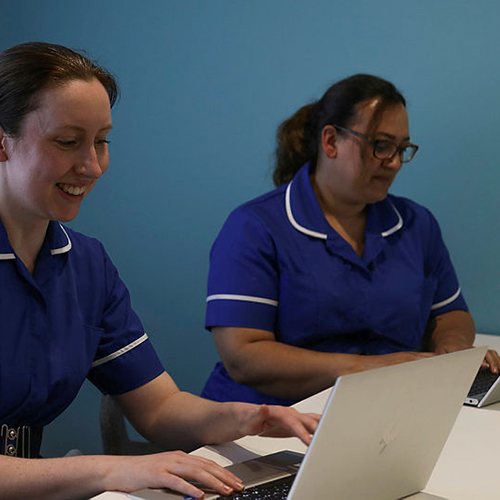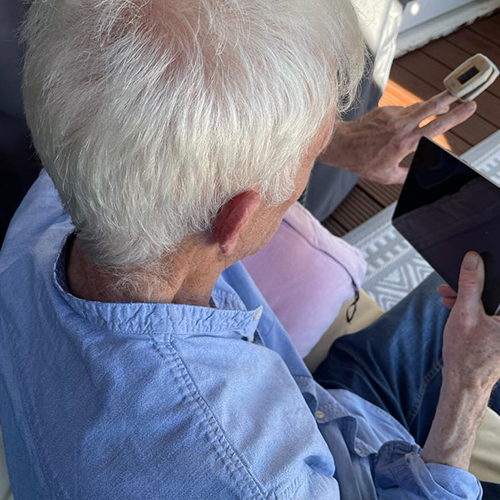Virtual wards (also known as hospital at home) allow patients to get the care they need at home safely and conveniently, rather than being in hospital.
The NHS is increasingly introducing virtual wards to support people at the place they call home, including care homes.




